14 GPTs for Knowledge Integration Powered by AI for Free of 2026
AI GPTs for Knowledge Integration are advanced artificial intelligence tools that leverage the power of Generative Pre-trained Transformers (GPTs) to amalgamate, analyze, and generate insights from various sources of information. These tools are particularly designed to enhance decision-making processes, research, and learning by providing integrated knowledge solutions. By synthesizing data from diverse domains, they offer comprehensive insights that were previously unattainable, making them invaluable for tasks requiring deep understanding and cross-disciplinary knowledge.
Top 10 GPTs for Knowledge Integration are: Breebs,文献综述之王,TOK Exhibition Assistant,Zettel Assistant,Generating Mind Maps from Online 思维导图生成专家,GPT Optimizer,The Engineer - Science, Technology with Excel,Revisor Integrativo,小书童,Asistente de Actualización Diaria de Dante
Breebs
Empowering Conversations with Expertise

文献综述之王
Revolutionize your research with AI
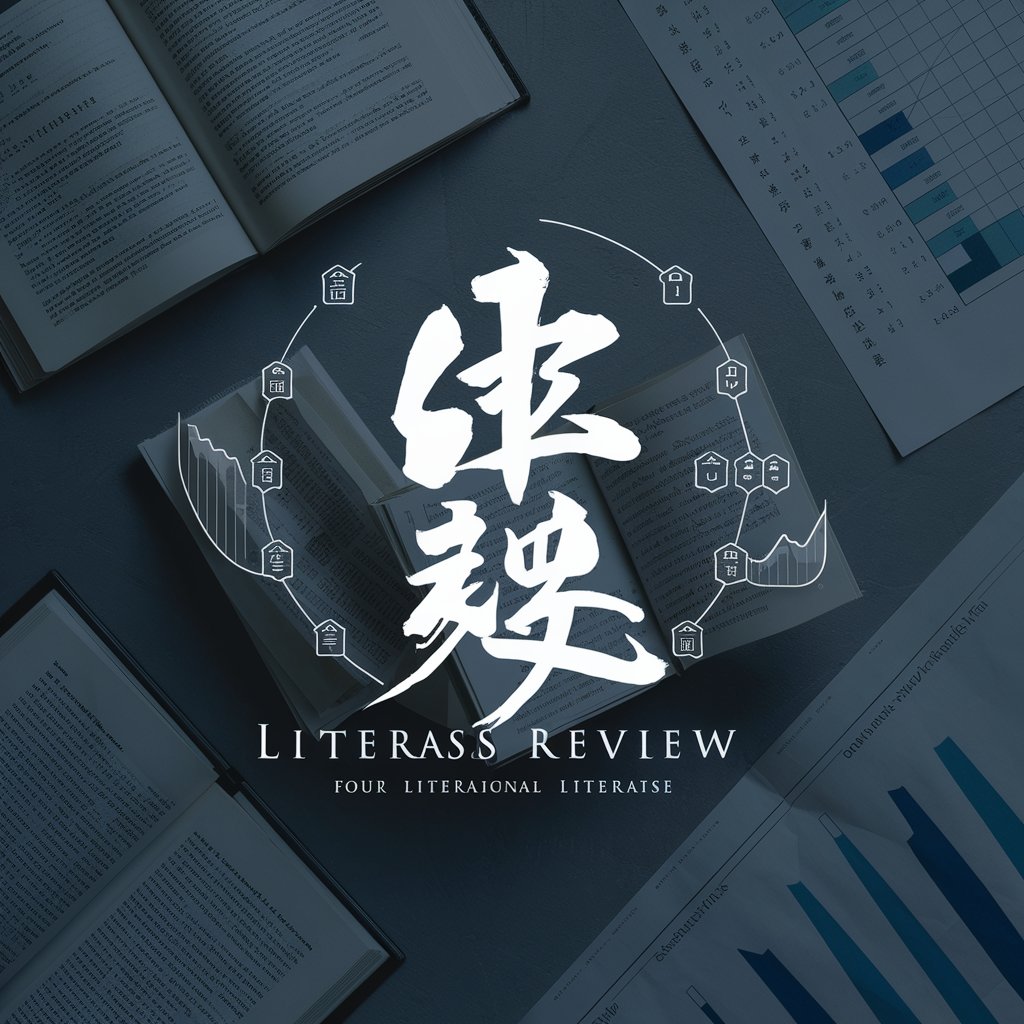
TOK Exhibition Assistant
AI-powered TOK Exhibition Support
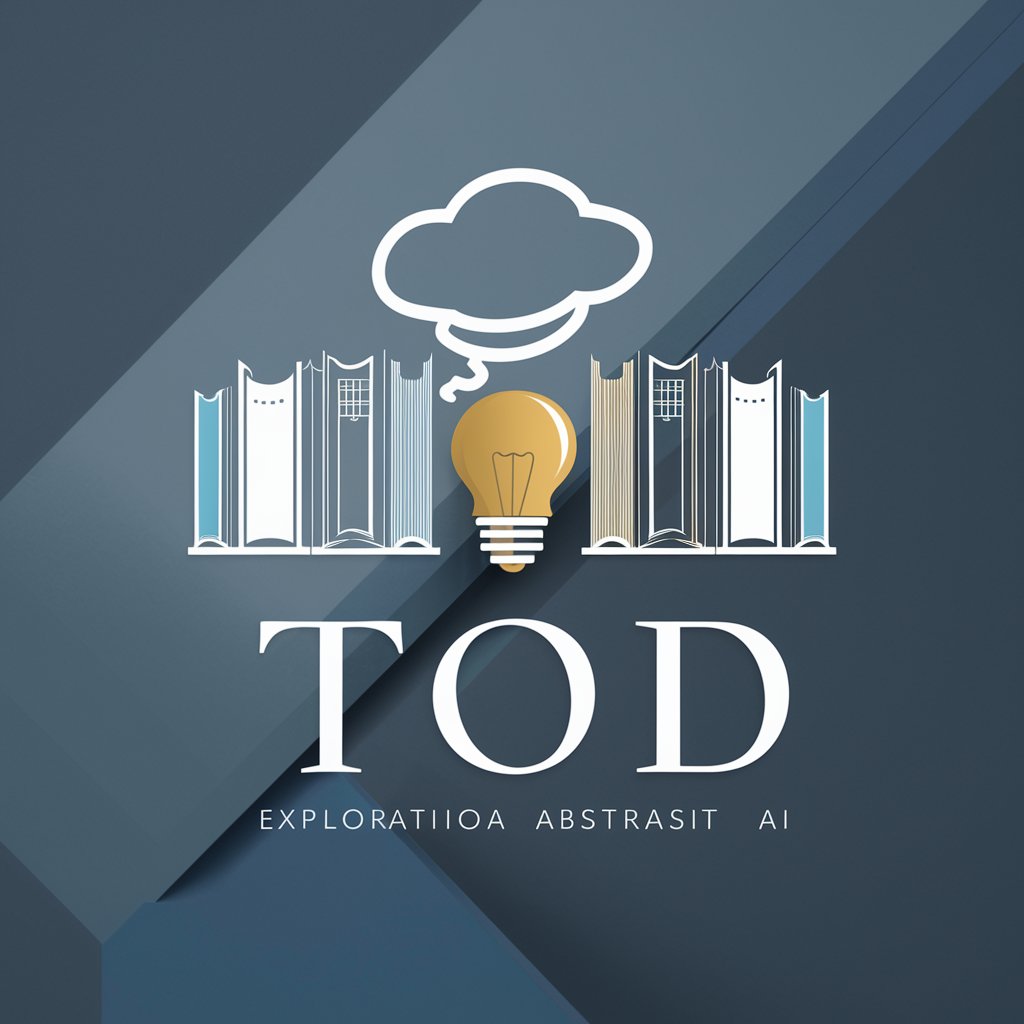
Zettel Assistant
Streamlining Note Management with AI

Generating Mind Maps from Online 思维导图生成专家
Visualize knowledge with AI-powered mind maps.

GPT Optimizer
Enhancing AI with Precision and Ease

The Engineer - Science, Technology with Excel
Empowering Engineering Intelligence

Revisor Integrativo
Empowering Evidence-Based Research
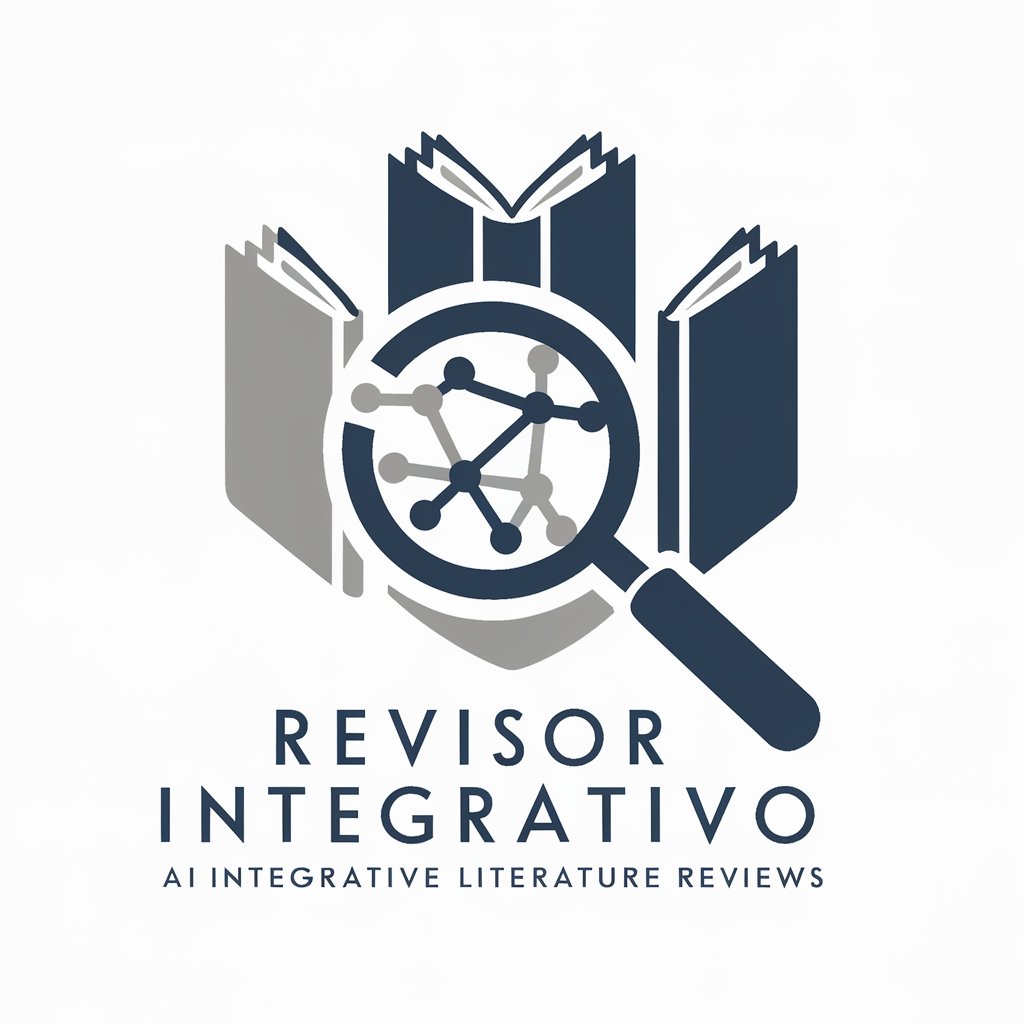
小书童
Accelerate Learning with AI-Powered Insights

Asistente de Actualización Diaria de Dante
Stay updated on Dante Llanos with AI

System Ontologist
Decipher complex systems with AI
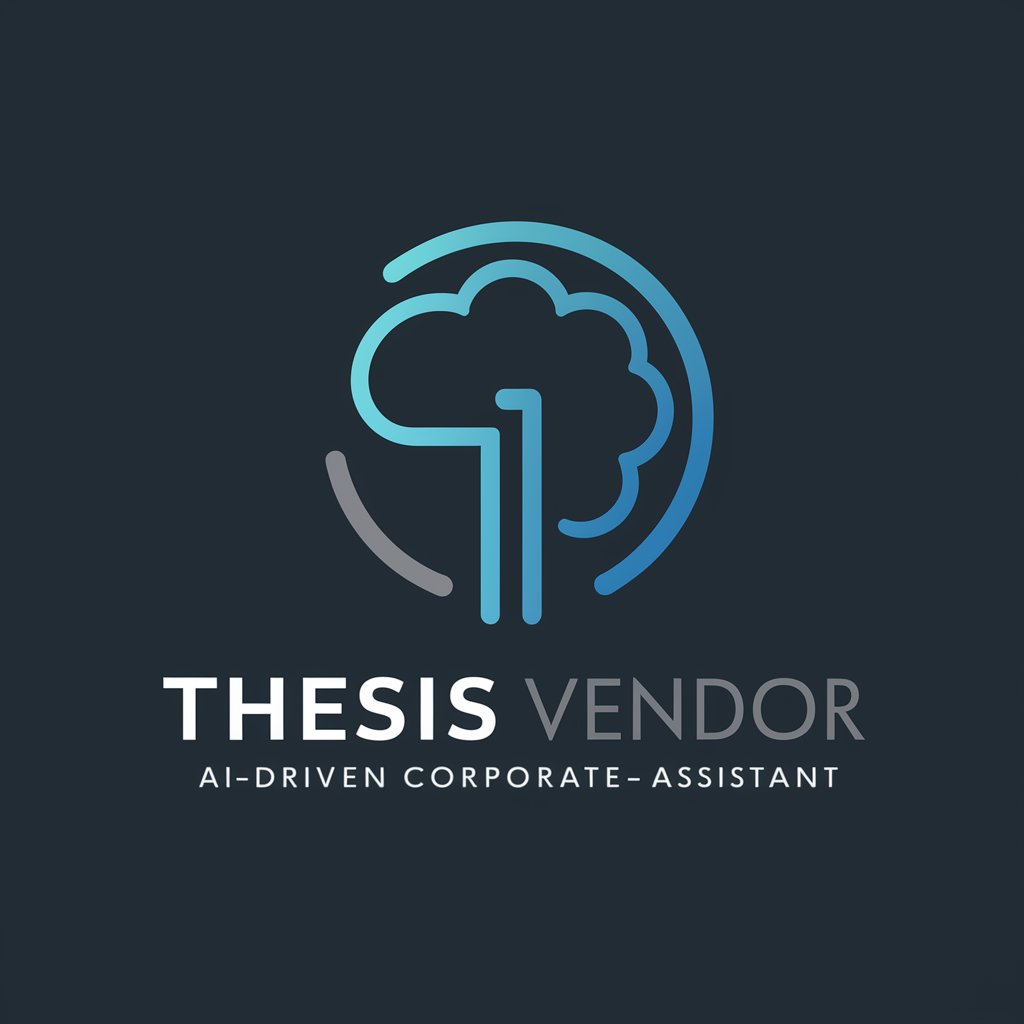
Onto assistant
Streamline Your Ontology Tasks with AI
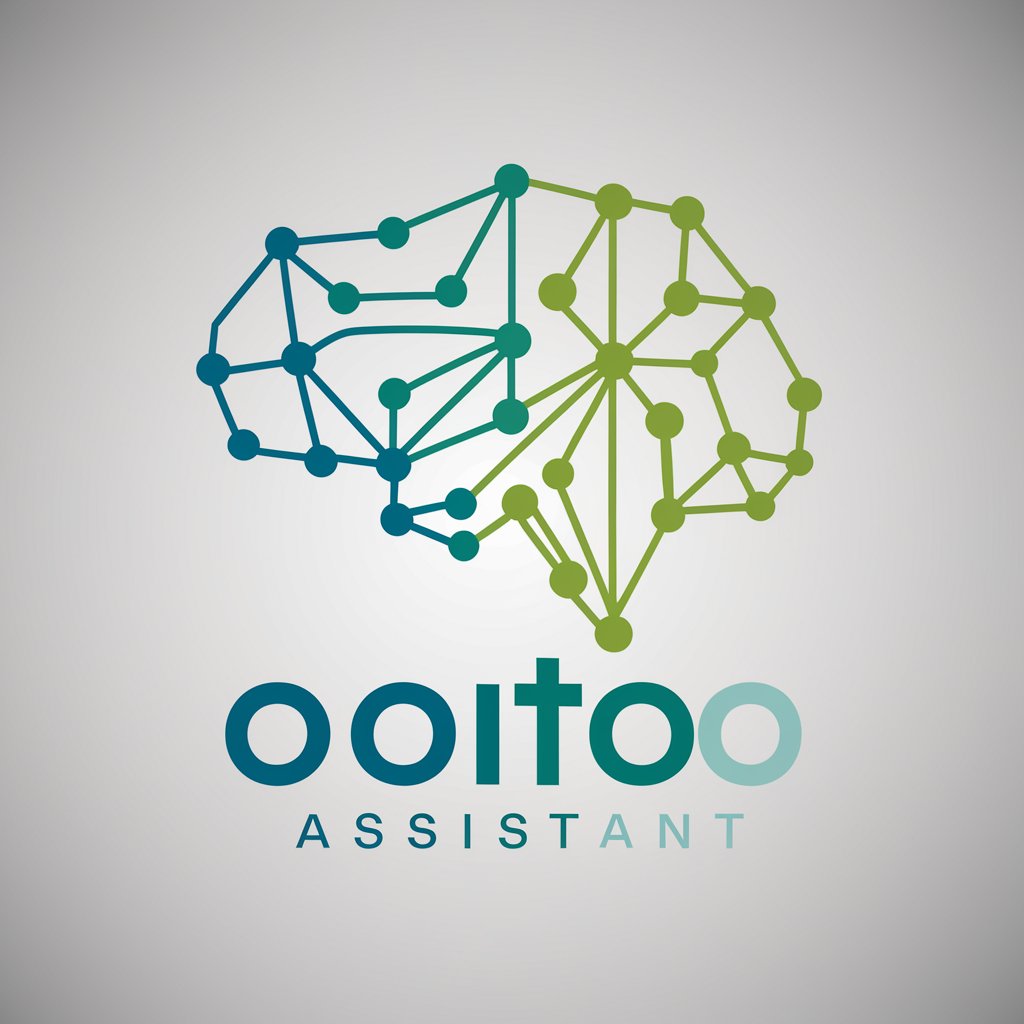
知识极级
Empowering insights through AI knowledge extraction
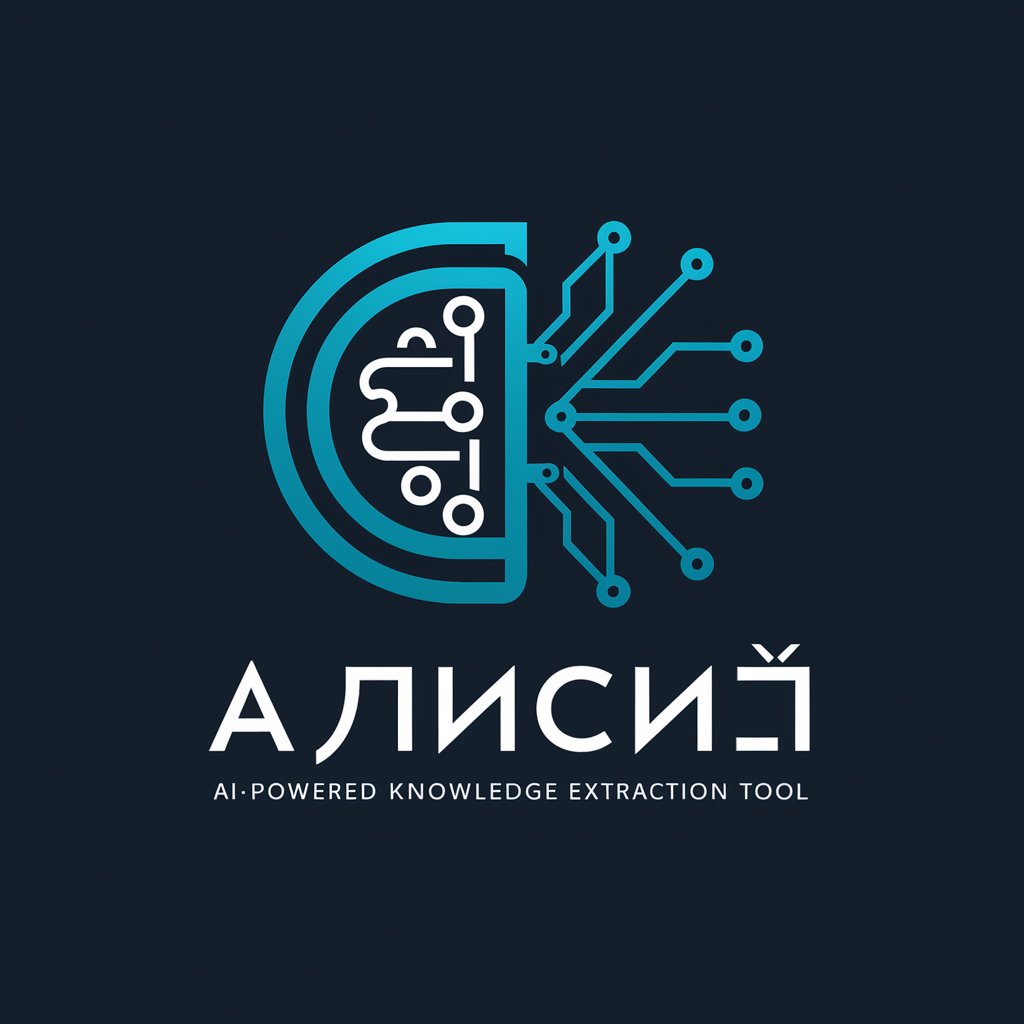
Mizukiyo
Streamline Your AI Learning Journey
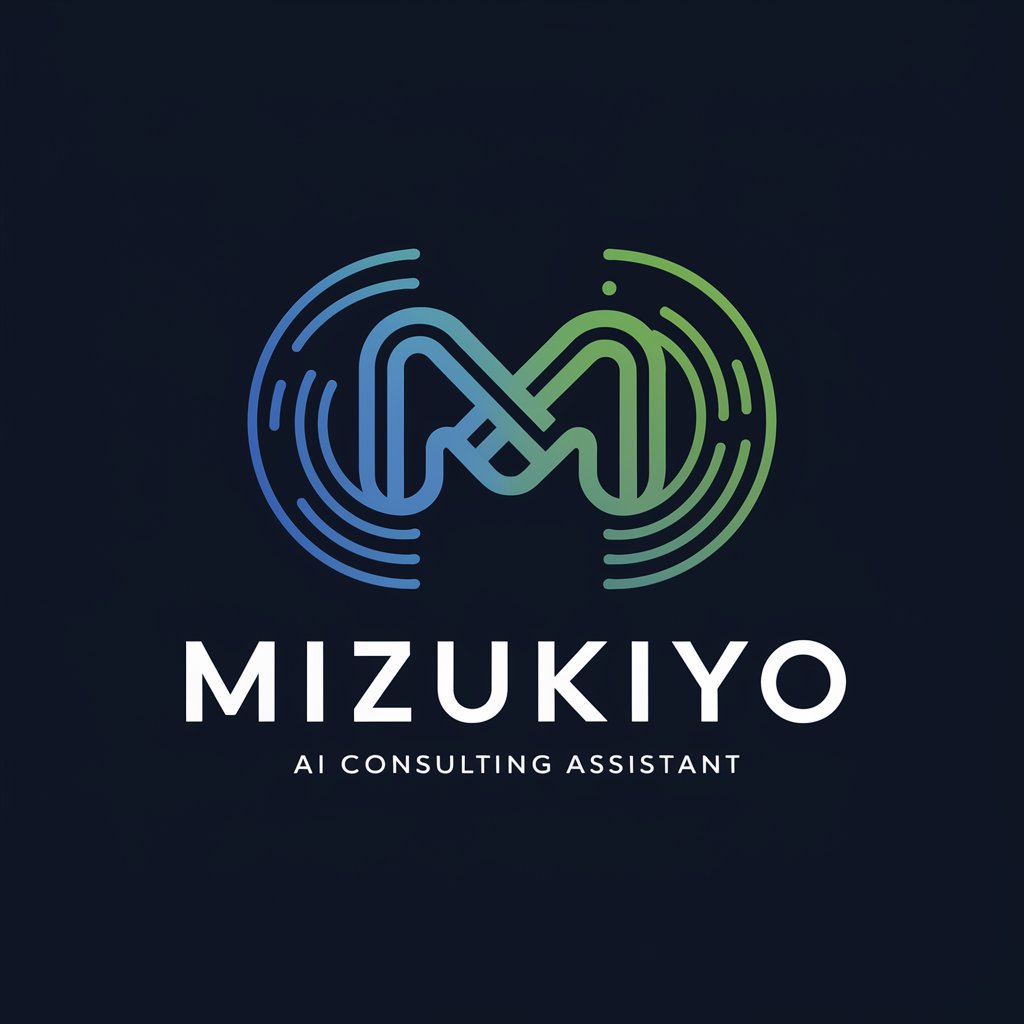
Key Attributes and Functions
AI GPTs for Knowledge Integration stand out due to their adaptability and robustness, catering to both simple and complex knowledge tasks. Core features include advanced language understanding, which allows them to process and synthesize information from textual data efficiently. They support technical queries with precision and provide capabilities such as web searching, image generation, and data analysis. Special features may include the ability to learn from specific datasets, offer real-time updates, and interact with users through natural language interfaces.
Who Benefits from Knowledge Integration GPTs?
These tools cater to a wide audience, ranging from novices seeking to expand their knowledge to developers and professionals requiring integrated insights for complex projects. They are particularly useful for individuals without coding skills due to their user-friendly interfaces, while also offering advanced customization options for users with programming expertise. This accessibility ensures that a broad spectrum of users can leverage these powerful AI tools for their specific needs.
Try Our other AI GPTs tools for Free
Routine Guidance
Discover how AI GPTs for Routine Guidance can transform your daily tasks into an optimized and efficient workflow with personalized AI assistance.
Chronic Condition
Discover how AI GPTs for Chronic Condition are revolutionizing chronic care management, offering personalized insights, predictive analytics, and seamless integration with healthcare systems.
Agricultural Recovery
Discover how AI GPTs are revolutionizing Agricultural Recovery with predictive insights and tailored solutions to enhance resilience and sustainability in farming.
Business Mitigation
Discover how AI GPTs for Business Mitigation transform risk management with tailored, dynamic solutions designed to enhance decision-making and streamline operations.
Flood Prediction
Discover how AI GPTs for Flood Prediction harness advanced data analysis to offer timely and accurate flood forecasts, enhancing disaster preparedness and risk mitigation.
Urban Resilience
Explore how AI GPTs for Urban Resilience revolutionize city planning and development, offering data-driven solutions to build stronger, adaptable urban communities.
Enhanced Solutions through Customized AI
AI GPTs for Knowledge Integration not only provide a platform for comprehensive insights but also offer customizable solutions that can be tailored to specific sectors and needs. Their user-friendly interfaces facilitate easy adoption, while the possibility of integration with existing systems ensures that they can enhance productivity and decision-making processes across various industries.
Frequently Asked Questions
What exactly is Knowledge Integration in AI?
Knowledge Integration in AI refers to the process of combining information from diverse sources into a coherent understanding, facilitated by AI technologies to enhance decision-making and insights.
How do AI GPTs enhance Knowledge Integration?
AI GPTs enhance Knowledge Integration by processing and synthesizing vast amounts of data from varied sources, providing comprehensive insights and solutions that are not readily apparent through conventional methods.
Can non-technical users benefit from these tools?
Absolutely, non-technical users can benefit greatly from these tools due to their intuitive interfaces and natural language processing capabilities, making advanced knowledge accessible without the need for programming skills.
Are there customization options for developers?
Yes, developers have access to extensive customization options, including the ability to train models on specific datasets, integrate with existing systems, and modify functionality to suit unique requirements.
What types of tasks can be enhanced by Knowledge Integration GPTs?
Tasks ranging from academic research, business intelligence, software development to creative endeavors can be significantly enhanced by leveraging the integrated insights provided by these tools.
How do these tools stay updated with the latest information?
These tools are designed to continually learn and adapt by processing new information from the web and other sources, ensuring that the insights they provide are both current and relevant.
Is there support for languages other than English?
Yes, many Knowledge Integration GPTs offer multilingual support, allowing them to process and generate information in various languages, thereby catering to a global user base.
Can these tools be integrated with existing systems?
Yes, these tools are designed with integration in mind, allowing them to be seamlessly incorporated into existing workflows and systems, enhancing their functionality without disrupting established processes.